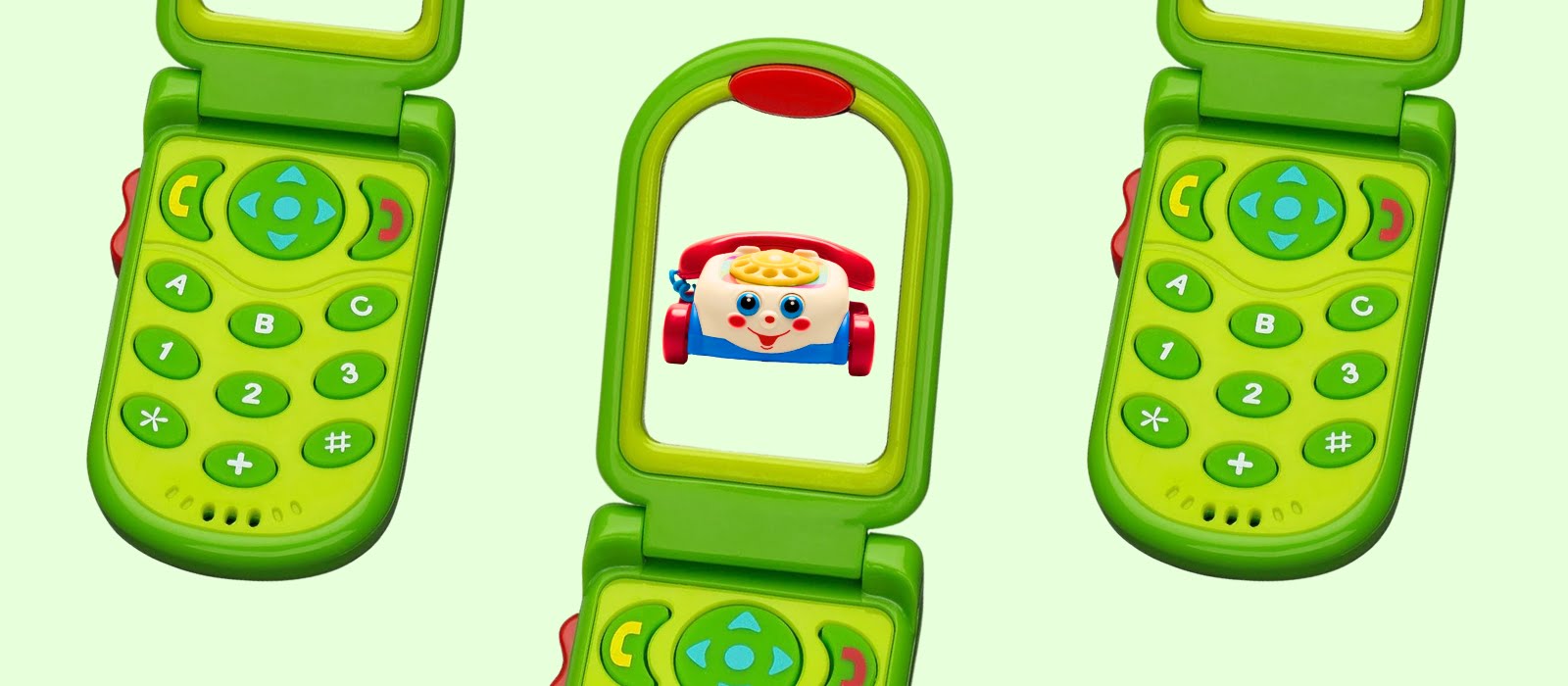“Content like shorts and reels may be impacting children's ability to focus on one thing for longer periods given their constant exposure to this type of content.”
“Time for movie night.” I’d sound out the alarm around 7pm on a Sunday evening. The little one was slightly more receptive as he tried to calculate how much popcorn he could fit into his mouth in one go. The older boy – now 9 – would moan and groan as though we were subjecting him to an evening of chores. It seemed though that movie night was a chore for him.
This was a sad admission – one I struggled to grapple with as I recall the simple pleasure of watching a movie with my family as a child. In fact, if I remember correctly our Sunday evenings consisted of an episode of Heartbeat – a police drama set in the 1960s – without any offering of a “treat” as we dried next to the fire after our weekly bath. While nostalgia undoubtedly plays its part here, I look back on this tradition with only fondness.
My husband and I would seek to recreate some of those more wholesome experiences now lost to a digital world. Admittedly, movie night centred on a screen but at least it was a shared experience and one that offered a narrative with a message as opposed to the YouTube hole they’d much rather dive into.
I’d watch them both – how they swiped and scrolled from one mindless video to the next – and I wondered about the effect this would have on their developing minds. Psychologist and BABCP-accredited cognitive behavioural therapist, Dr. Becky Spelman explains how “content like shorts and reels may be impacting children’s ability to focus on one thing for longer periods given their constant exposure to this type of content.” She notes how the brief nature of these clips are ideal for children who, in those formative years, are still only developing the art of patience.
Would this explain why my children would opt for 90 minutes of multiple videos as opposed to a movie? Spelman acknowledges how this “short-form content contributes to shorter attention spans and reduced patience” making it difficult for some children to engage with longer sources of information. Where a movie required some scene setting and character building – these short videos provided instant gratification which even The Lion King would struggle to compete with.
This idea of instant gratification was at the crux of the matter – the almighty dopamine hit to which Barney Durrant of Bluebell Marketing alludes. He explains the addictive nature of these platforms in that “their algorithm learns your tastes and serves you up more content with very little effort.” The fact that “the barrier between user and content they can enjoy is so low” leads to constant stimulation. As a result, individuals are more likely to engage in these behaviours for extended periods of time leading to a decrease in attention span.
“Plus it changes as your tastes change,” he adds, making it possible for children to create their own little worlds as they continue to evolve in their interests. Where we, as youngsters, had to wait for the next episode, watch advertisements and had considerably less to choose from, we were able to “develop patience,” Spelman notes. “Waiting for content and enduring interruptions was a normal part of our lives, in stark contrast to the instant gratification in today’s digital age.”
The truth was – it wasn’t just them – as I’d glance over at my husband scrolling during the movie while I took a sneaky opportunity to check my own notifications. We were all part of this new digital world that clawed at our attention. In fact, since the year 2000, research indicates that our attention spans have dropped from 12 to 8 seconds, putting us on a par with a goldfish.
What, however, is more problematic is the potential effects on a developing brain. Spelman cautions that “excessive screen time has been linked to attention issues, decreased cognitive abilities, and poor academic performance.” She reports that it “may also contribute to disrupted sleep patterns and social isolation.” There’s also a suggestion that it forms part of a growing problem of seeking satisfaction from the external world. Where we can’t always find this from within, we can always seek it from a screen.
If we, as parents, are to instil values of patience and focus in our children, we’d have to practice what we preach – setting aside our devices in an effort to set an example. Spelman understands how difficult it can be for parents to “intervene in their children’s digital consumption habits” but encourages us to “establish clear boundaries and promote a healthy balance between screen time and other activities.” By encouraging other stimulating and interactive pursuits such as reading, outdoor play and sport, “we can counteract the potential negative effects of screen time and help children develop “focus, creativity and social skills as well as reducing their reliance on screens.”
As a mum, it can feel as though the battles are constant and the screen would come to form one of the greatest. But in our role as carers, we have the responsibility to ensure our children’s attention isn’t hijacked by strangers flipping bottles or chasing each other with Nerf guns. And so, movie night will continue, moans and all, in a bid to not only give my children the opportunity to enjoy meaningful movies as a family but the warm memories I have of a Sunday evening by the fire.
This article was originally published in July 2024.



















